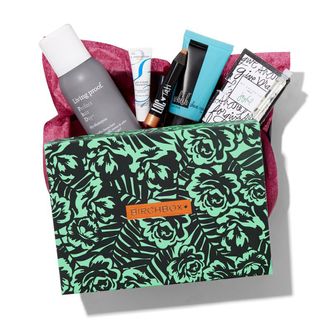
The success of Birchbox, the $10-a-month beauty-product subscription service, is remarkable when you think about what it really is: tiny samples of pricey beauty products that people pay for. According to the company’s internal figures, which they shared with Science of Us, they’ve amassed about one million subscribers just five years after launching.
This week, Katia Beauchamp — one of Birchbox’s co-founders — spoke at Fast Company’s Innovation Festival panel, and the write-up for the event nods to the psychological genius behind the company’s success. Writer Noah Robischon notes that Birchbox targets consumers who had “tended to be overwhelmed by the sheer volume of beauty products on the market and how expensive makeup and skincare products can be. When they came across Birchbox, which works hard to curate and simplify beauty, they became loyal customers.”
It’s a sly application of the paradox of choice, a phrase often associated with psychologist and author Barry Schwartz, who wrote a best-selling book bearing the term for a title. Schwartz has famously argued that although we believe that having more choices makes us happier, all it often does is paralyze us from making any decision at all. Some have also argued that the willpower we need to summon to make the best possible decision is not an unlimited resource, so spending it on even the tiniest decisions — like what to wear or eat for breakfast — weakens the cognitive powers you’ll need later in the day. (See: Barack Obama’s go-to suits, or Mark Zuckerberg’s signature gray T-shirt.)
But some newer research is beginning to poke holes in the paradox-of-choice theory, suggesting that maybe people had it right the first time and that, sometimes, more is indeed more. Attempts to replicate studies that claimed evidence for the paralysis that comes from too many options have often come up short, for example, and a study published last year in the Journal of Consumer Research found evidence of “single option aversion” — that is, the slightly obvious idea that people like to have some choices about what they’re purchasing.
So at least a million people like the simplicity of Birchbox, and yet plenty of people also love the fact that there are about 80,000 different drink options at their nearest Starbucks. Both things can be true. Perhaps knowing which option is best for you comes back to understanding how you decide.




